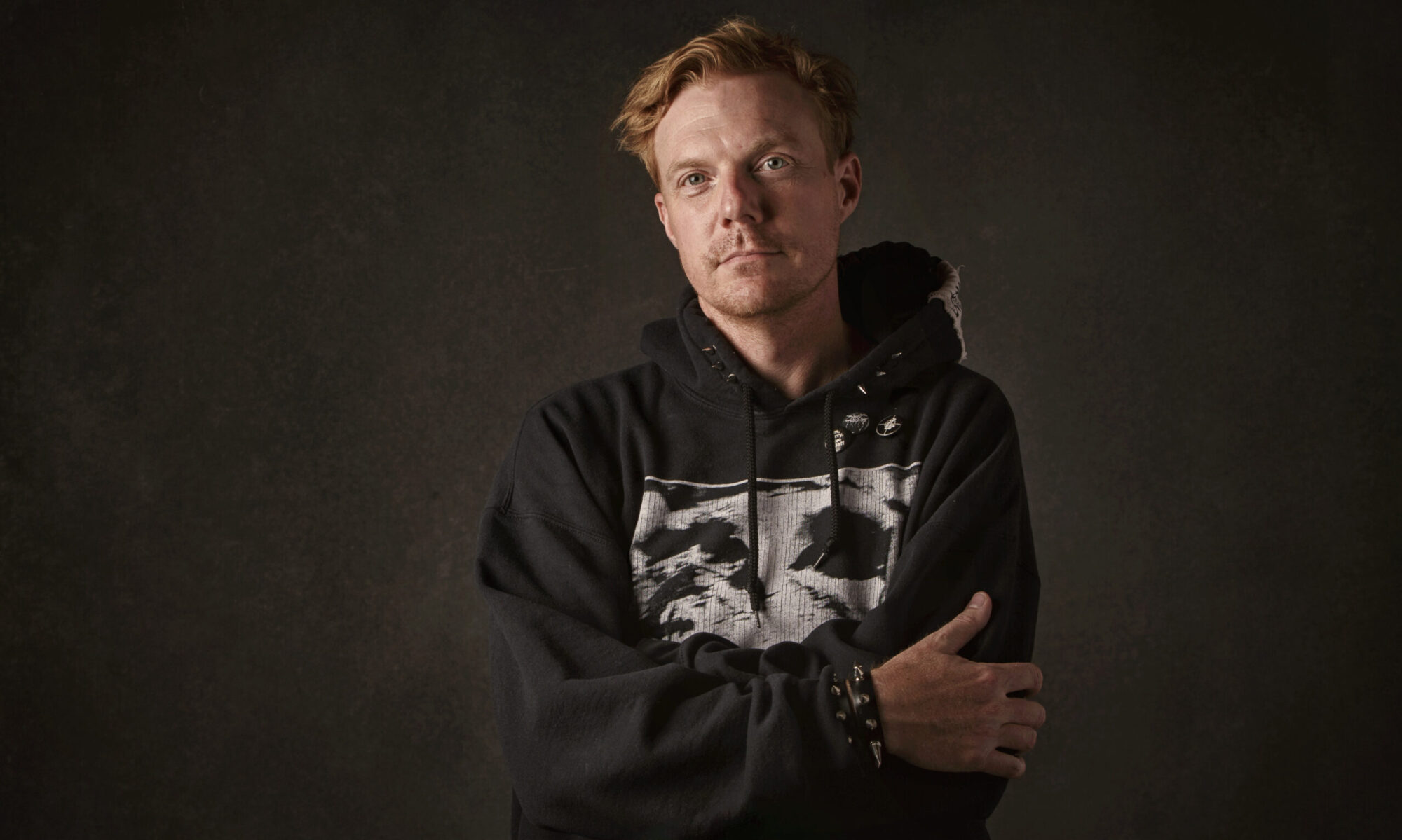Systems. It’s not about nouns, it’s about verbs. It’s not about the dots, it’s about the connections between them. Networks, not nodes. The journey, not the destination. It’s a trigger, not a gun.
Along these lines, I’ve been reading a lot in the past months about urban planning (or lack thereof): James Howard Kunstler (Geography of Nowhere and Home from Nowhere), Mike Davis (Ecology of Fear and City of Quartz), some Lewis Mumford, Bucky Fuller, and right now, Joel Garreau (Edge City). Which brings me to this excerpt from Brian Eno’s A Year with Swillen Appendices:
If you abandon the idea that culture has a single centre, and imagine that there is instead a network of active nodes which may or may not be included in a particular journey across the field, you also abandon the idea that those nodes have absolute value. Their value changes according to which story they’re included in, and how prominently. It’s a bit like modern currency: all values are now floating, and there is no ‘gold standard’ that art history sought to provide us with.
He’s speaking here of a theory he calls ‘Edge Culture’; named after Joel Garreau’s aforementioned book Edge City which poses the idea that the life of cities has moved from the center to the edges. Applying the idea to cultural studies opens the gaps, points to the connections, illuminates the networks. I was laid-off from my job a little over a week ago. Employment is typically one of the many dots in the network we call our ‘self.’ I’m currently doing more work everyday to which I feel connected than I did while employed (sure, the paychecks were nice, but paychecks don’t make us who we are. See also missing the point). Jobs, girlfriends, hobbies, friends, physical locations… These are the dots, the nouns, the nodes in our networked-selves. We connect. We make connections. We become verbs. We are networked systems.
This is what it’s all about: Systems.

